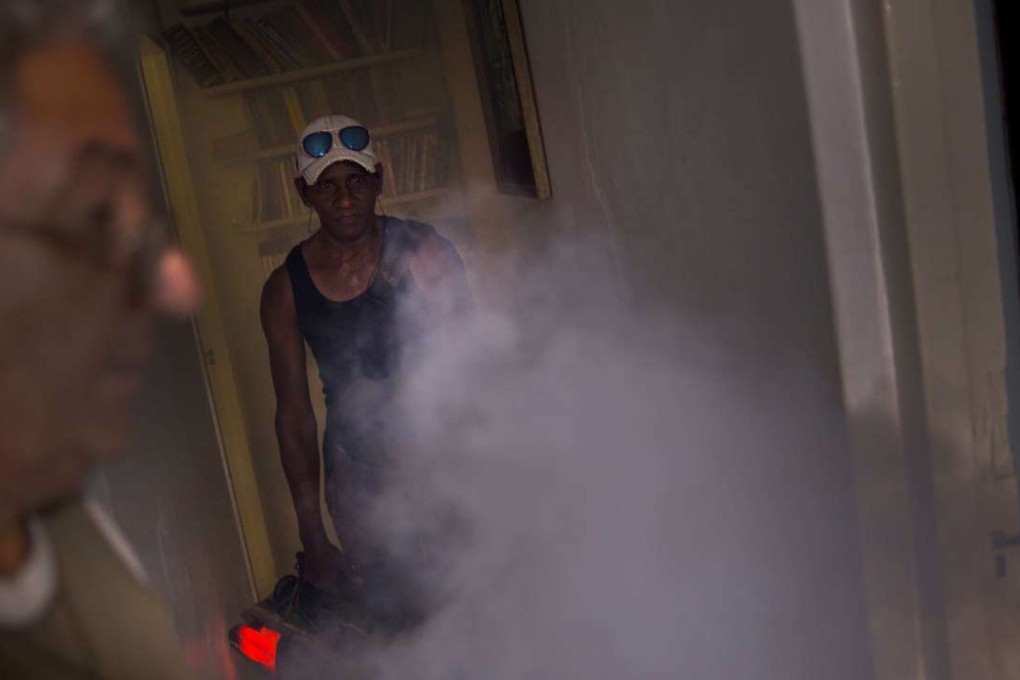Cuba is a remarkable Zika success story, containing the virus to three local infections

Six months after President Raul Castro declared war on the Zika virus in Cuba, a militarised nationwide campaign of intensive mosquito spraying, monitoring and quarantine appears to be working.
Cuba is among the few countries in the Western Hemisphere that have so far prevented significant spread of the disease blamed for birth defects in thousands of children. Only three people have caught Zika in Cuba. Thirty have been diagnosed with cases of the virus they contracted outside the island, according to Cuban officials.
Many are now watching to see whether Cuba is able to maintain control of Zika or will drop its guard and see widening infection like so many of its neighbours. The battle against Zika is testing what Cuba calls a signal accomplishment of its single-party socialist revolution — a free health-care system that assigns a family doctor to every neighbourhood, with a focus on preventive care and maternal and paediatric health.
US government scientists fly to Havana in November for a two-day meeting on animal-borne viruses such as Zika, the first conference of its kind since the re-establishment of diplomatic relations a year ago.
So far, there have been about 40 cases of Zika caused by mosquito bites in Florida. Health officials don’t expect widespread outbreaks in the mainland US but there are thousands of cases in Puerto Rico and countries such as Brazil and Venezuela are struggling with large-scale infection.
International medical experts familiar with Cuba say other countries can learn from Cuba’s intense focus on preventing disease, which led the government to decimate the mosquito population by spraying virtually every neighbourhood in Cuba this spring.